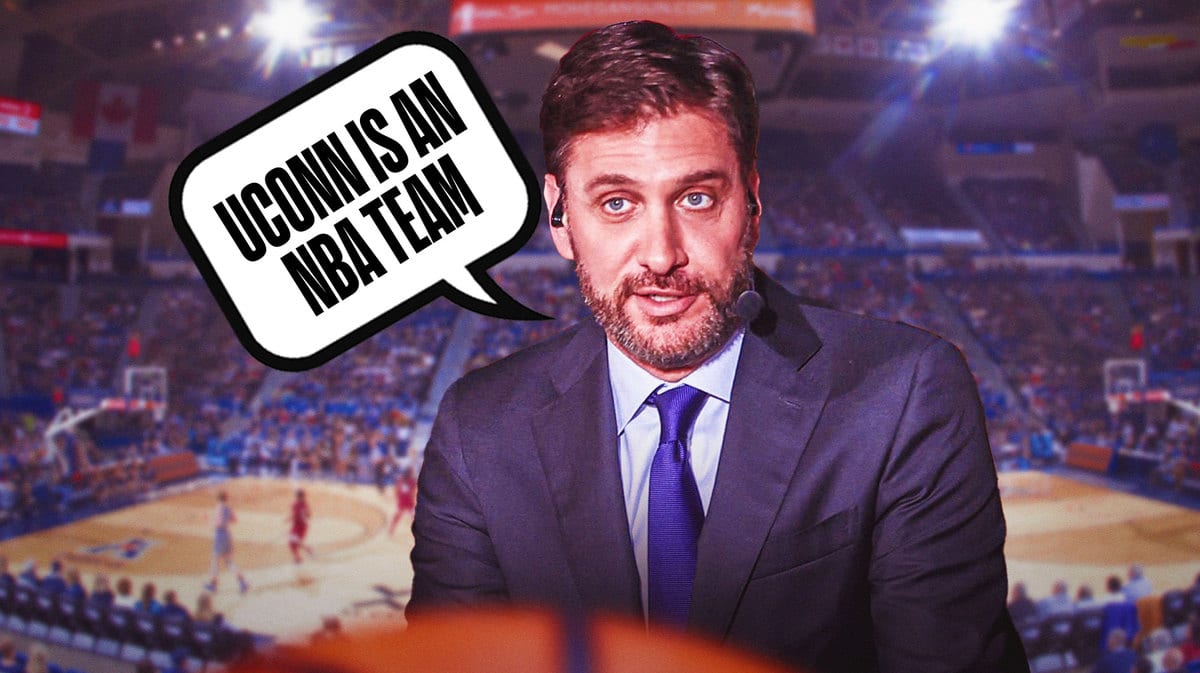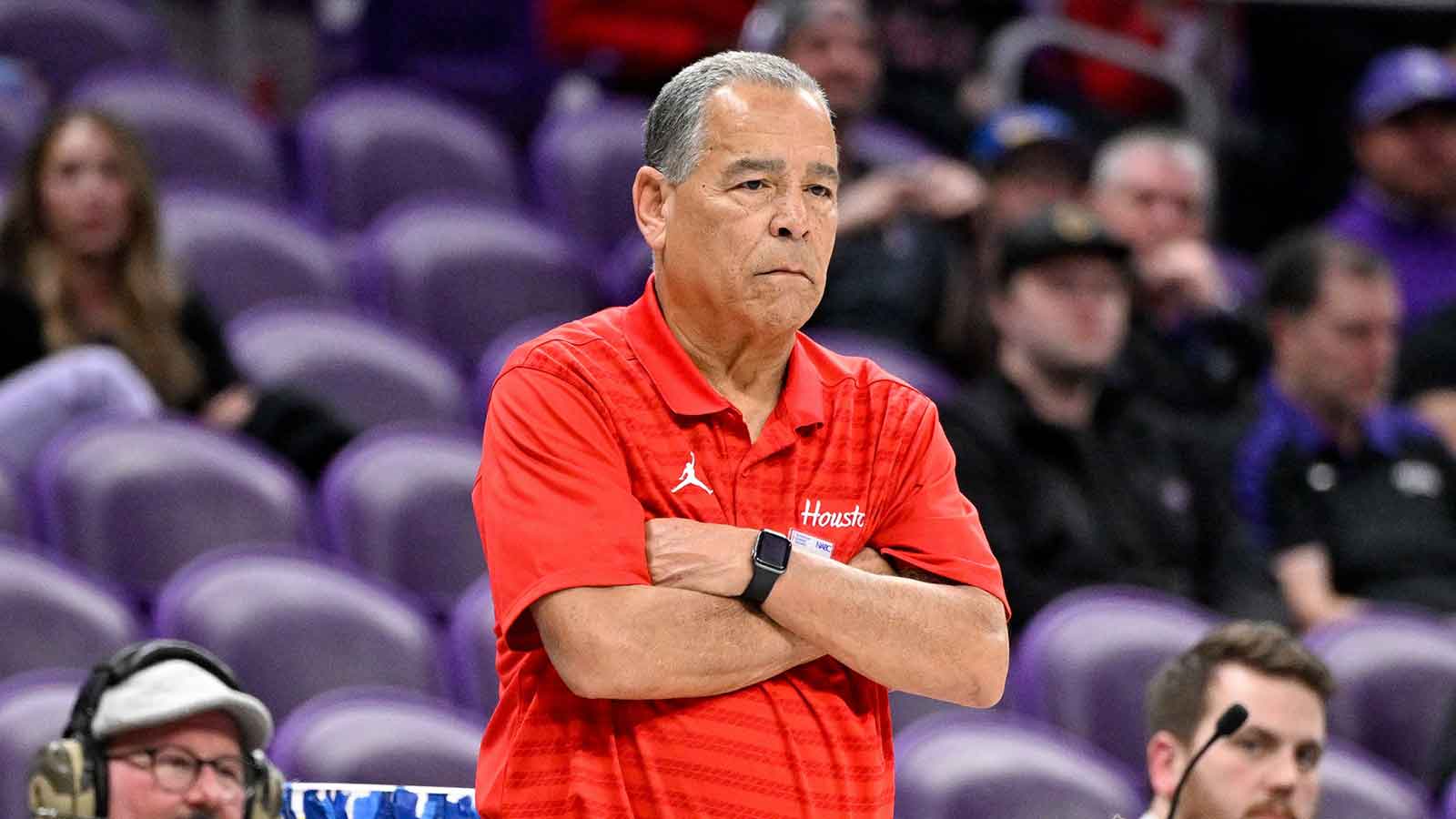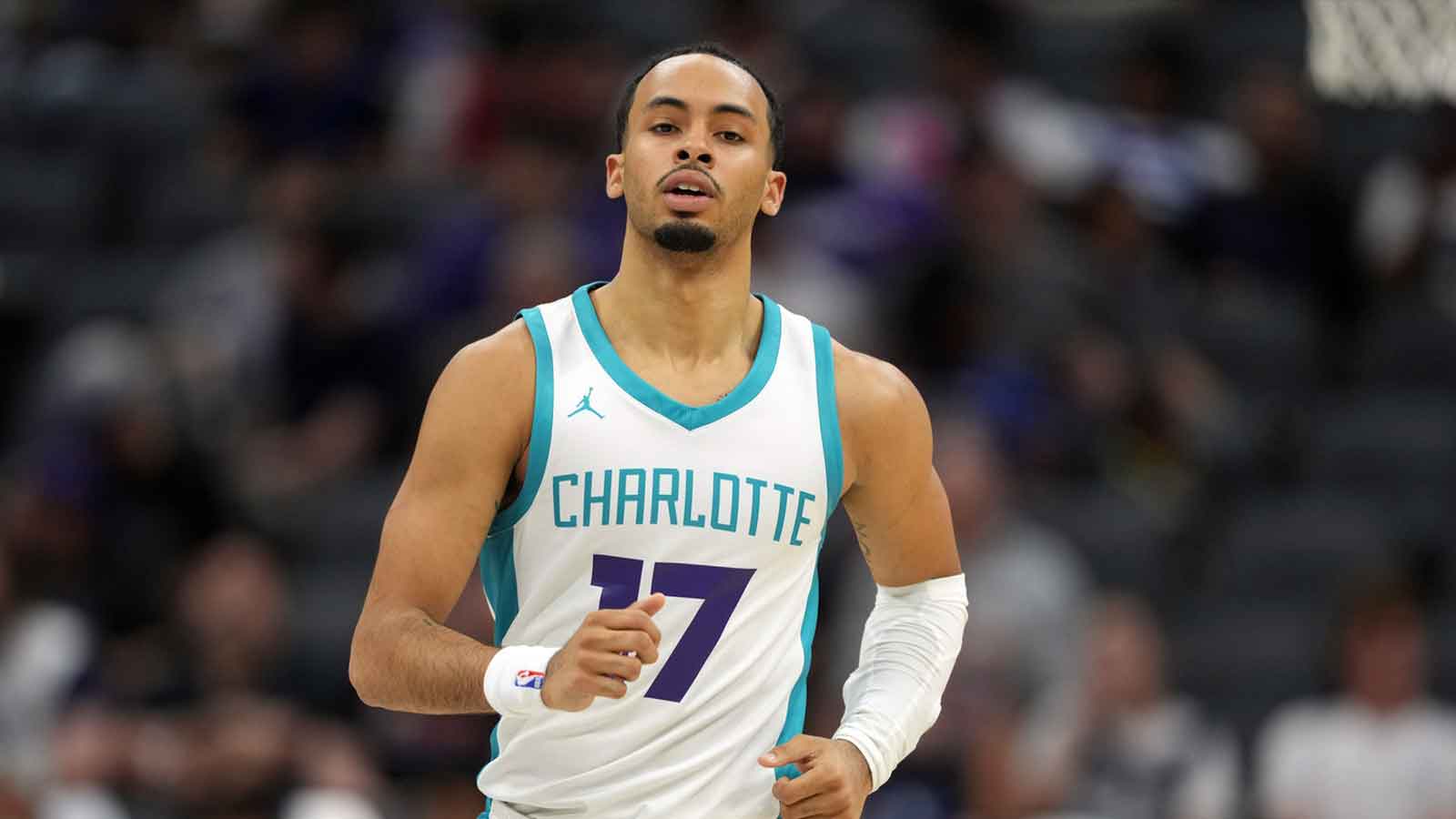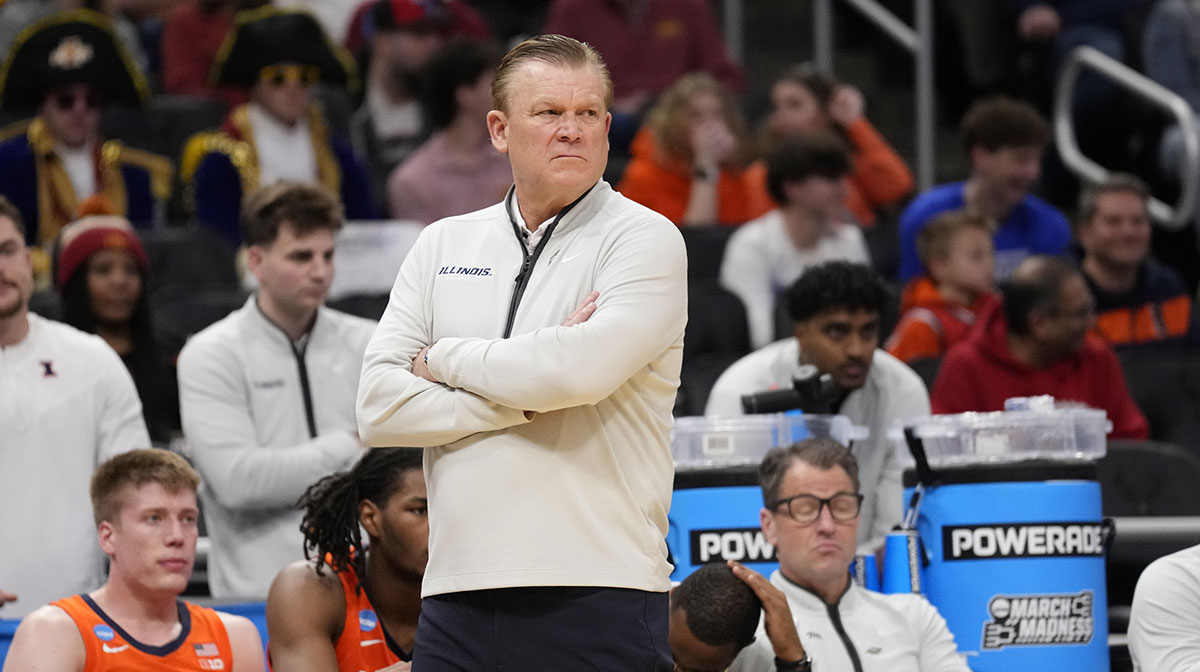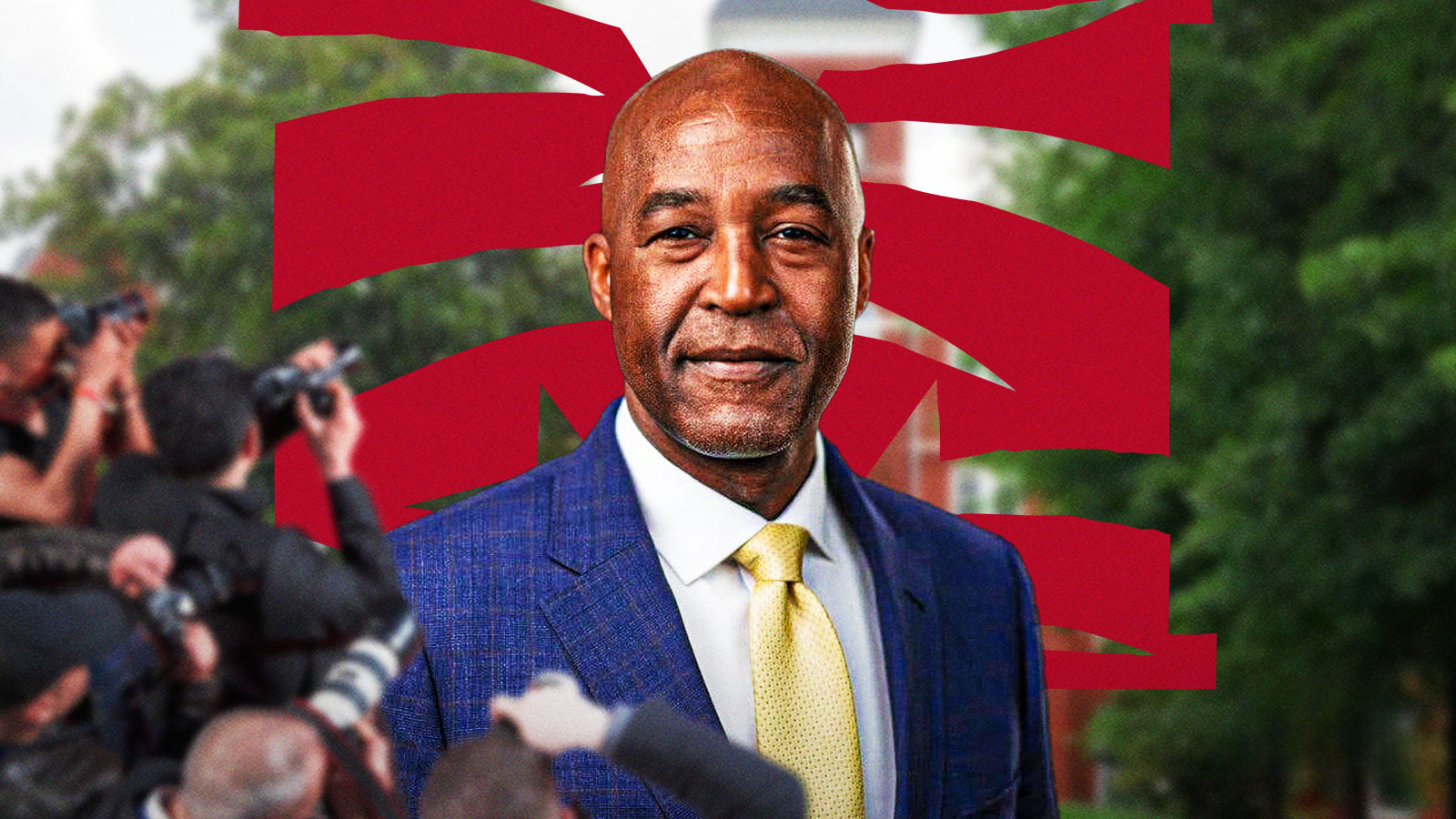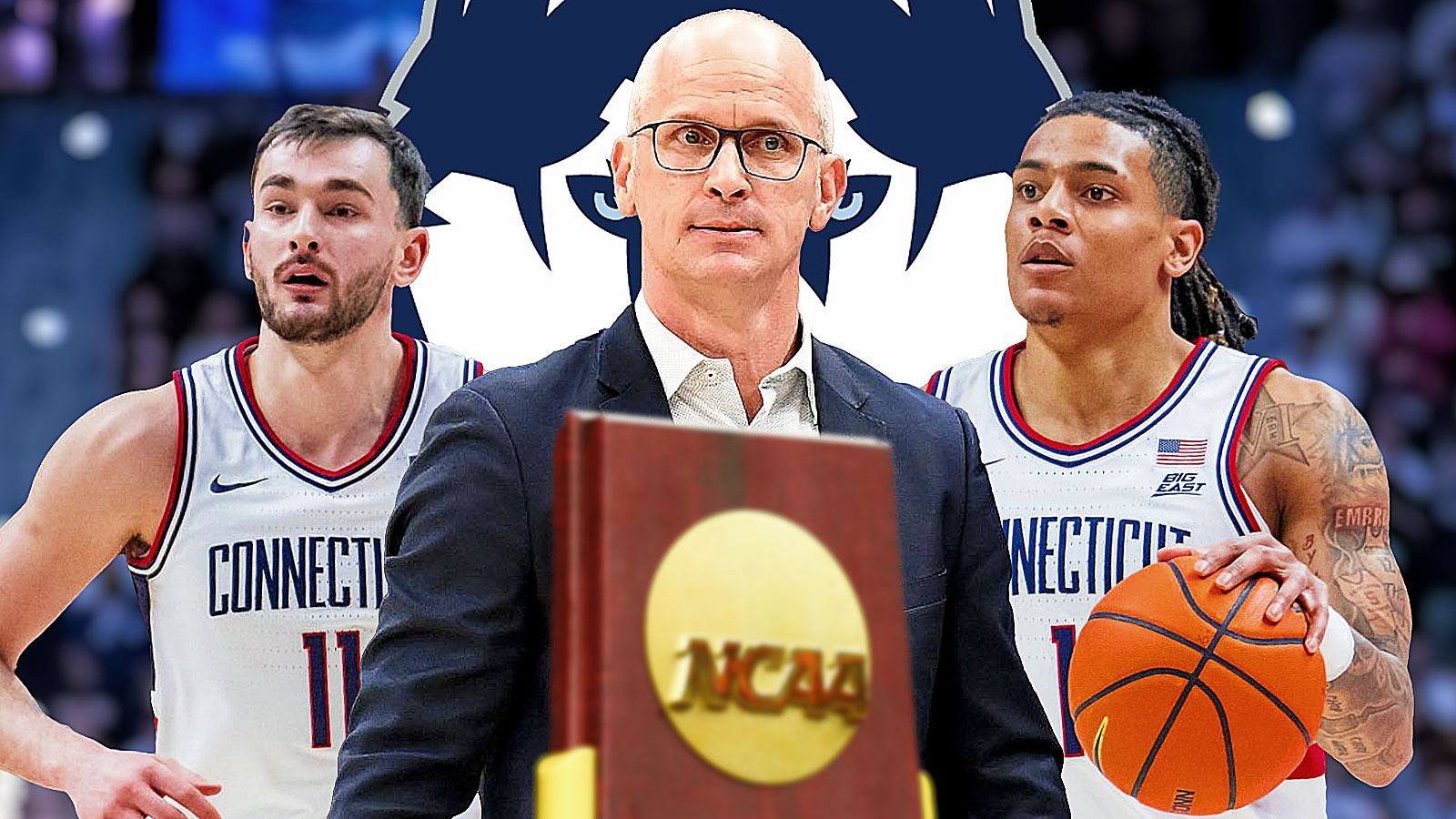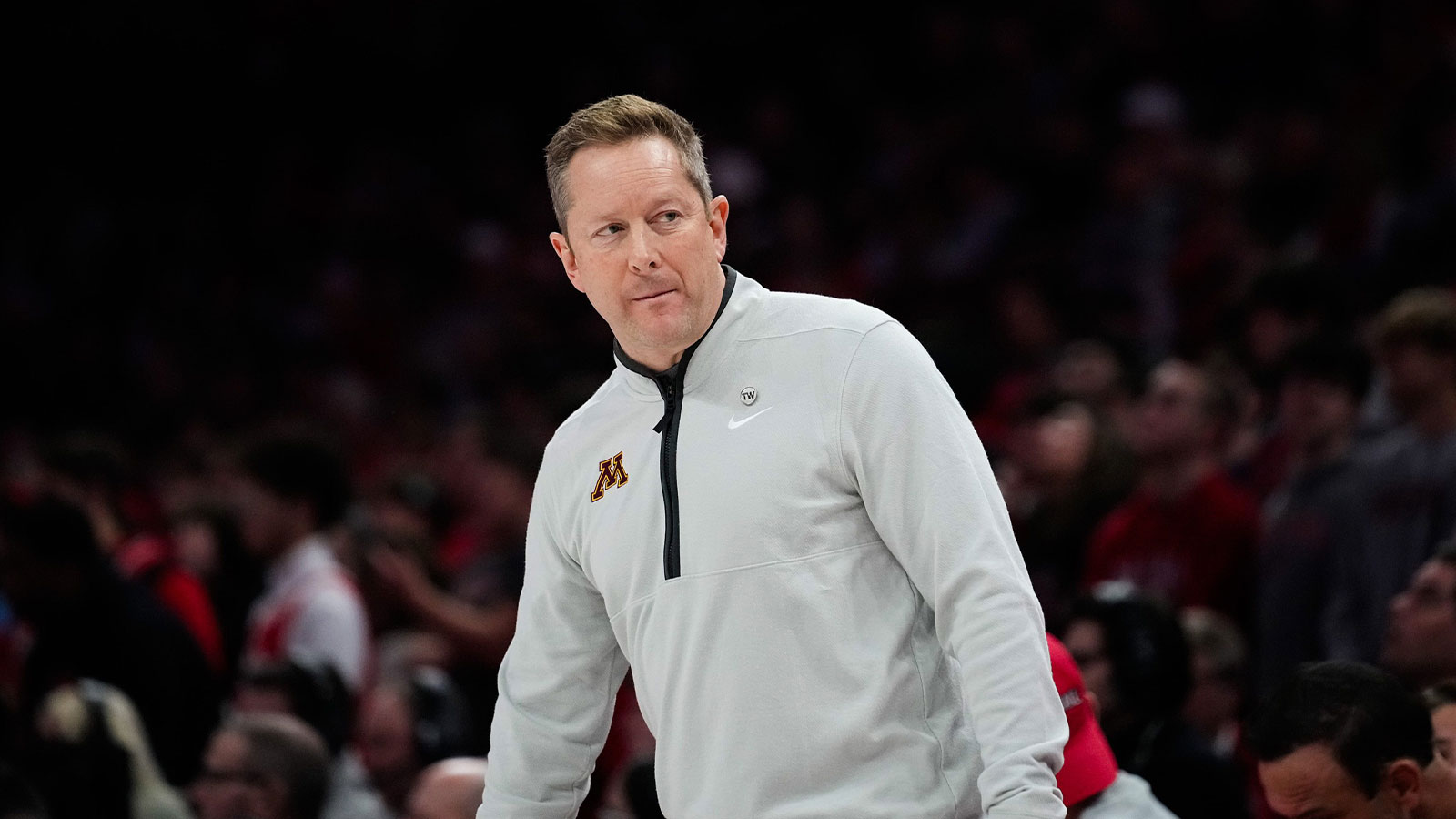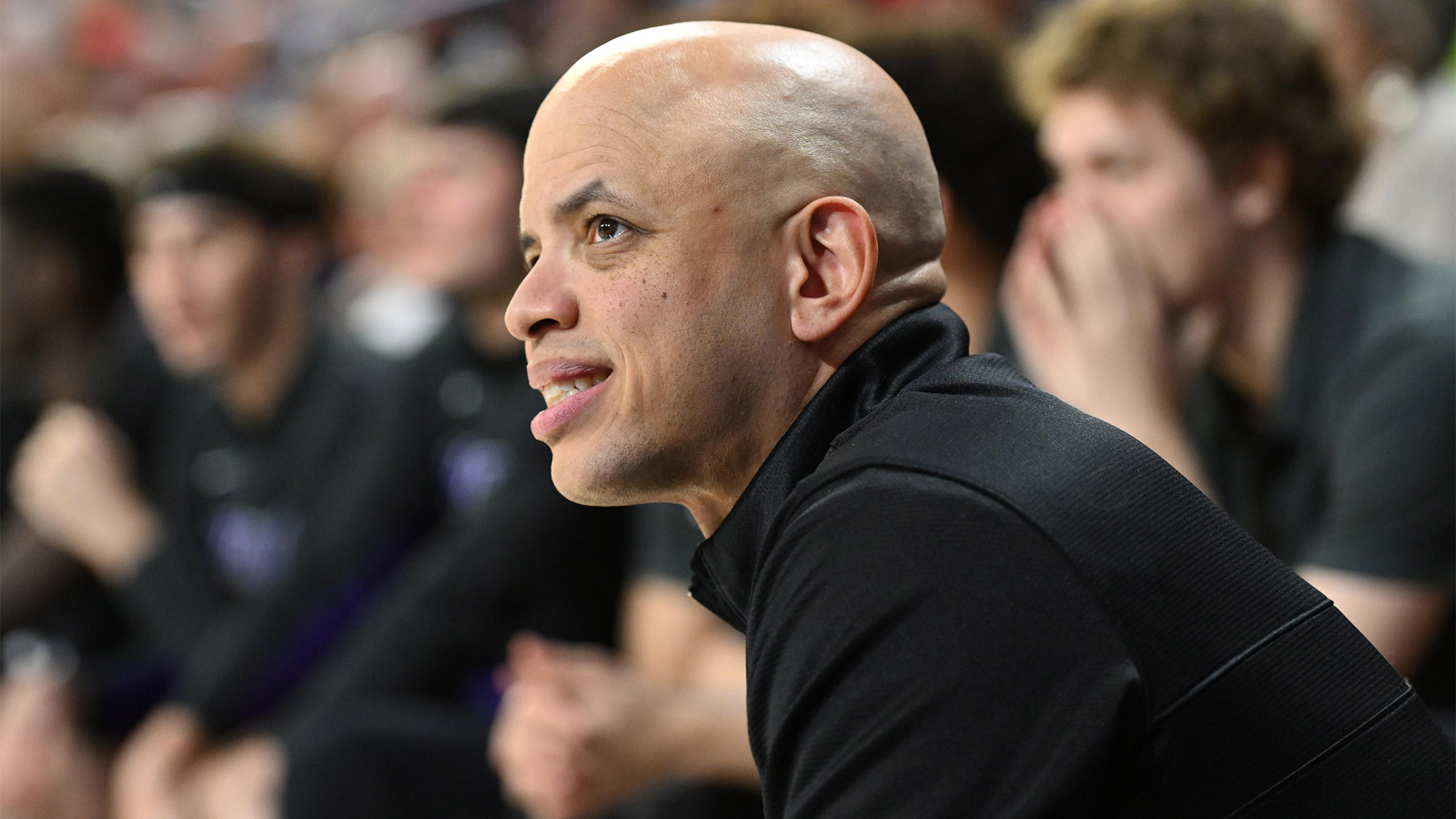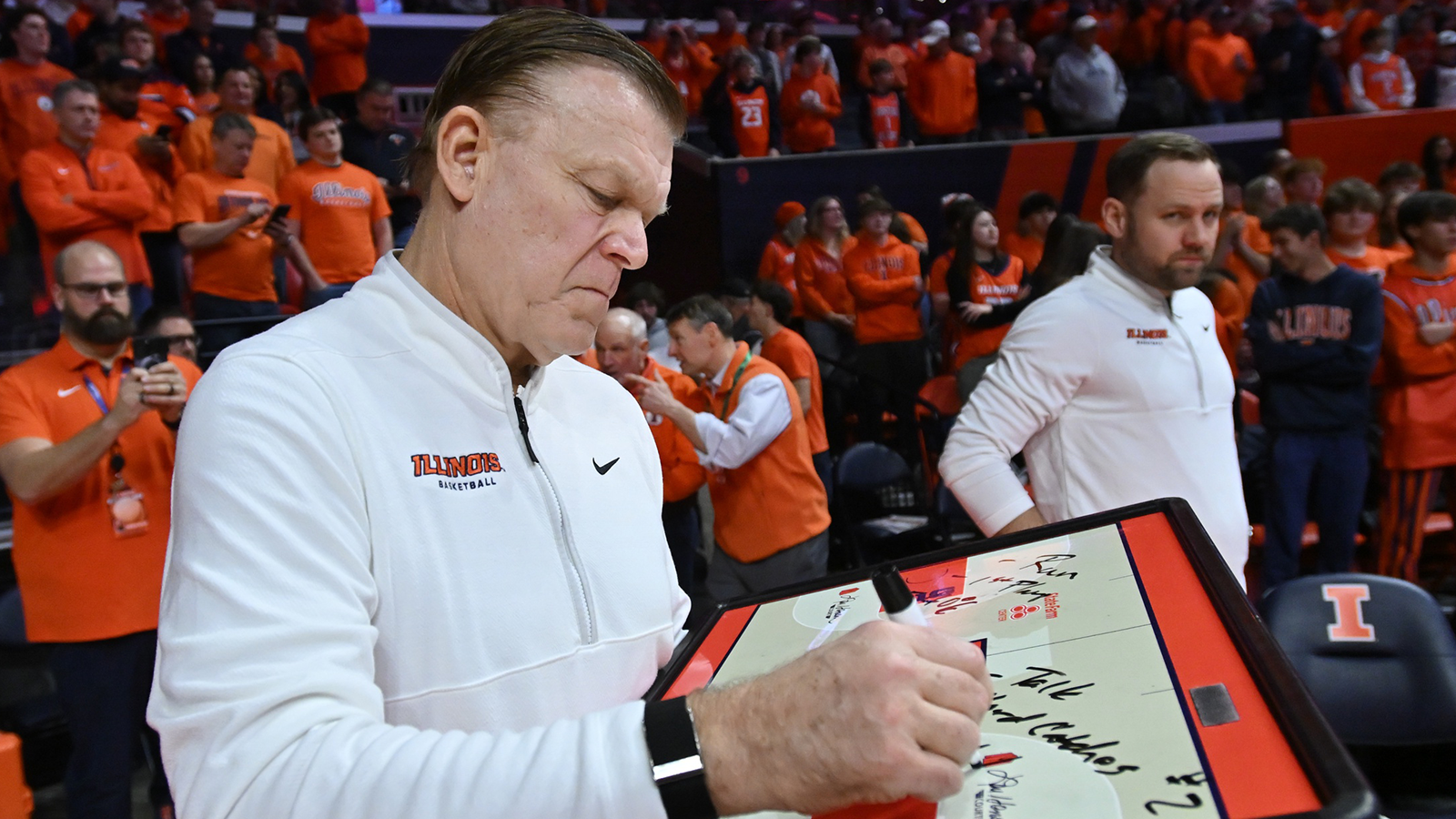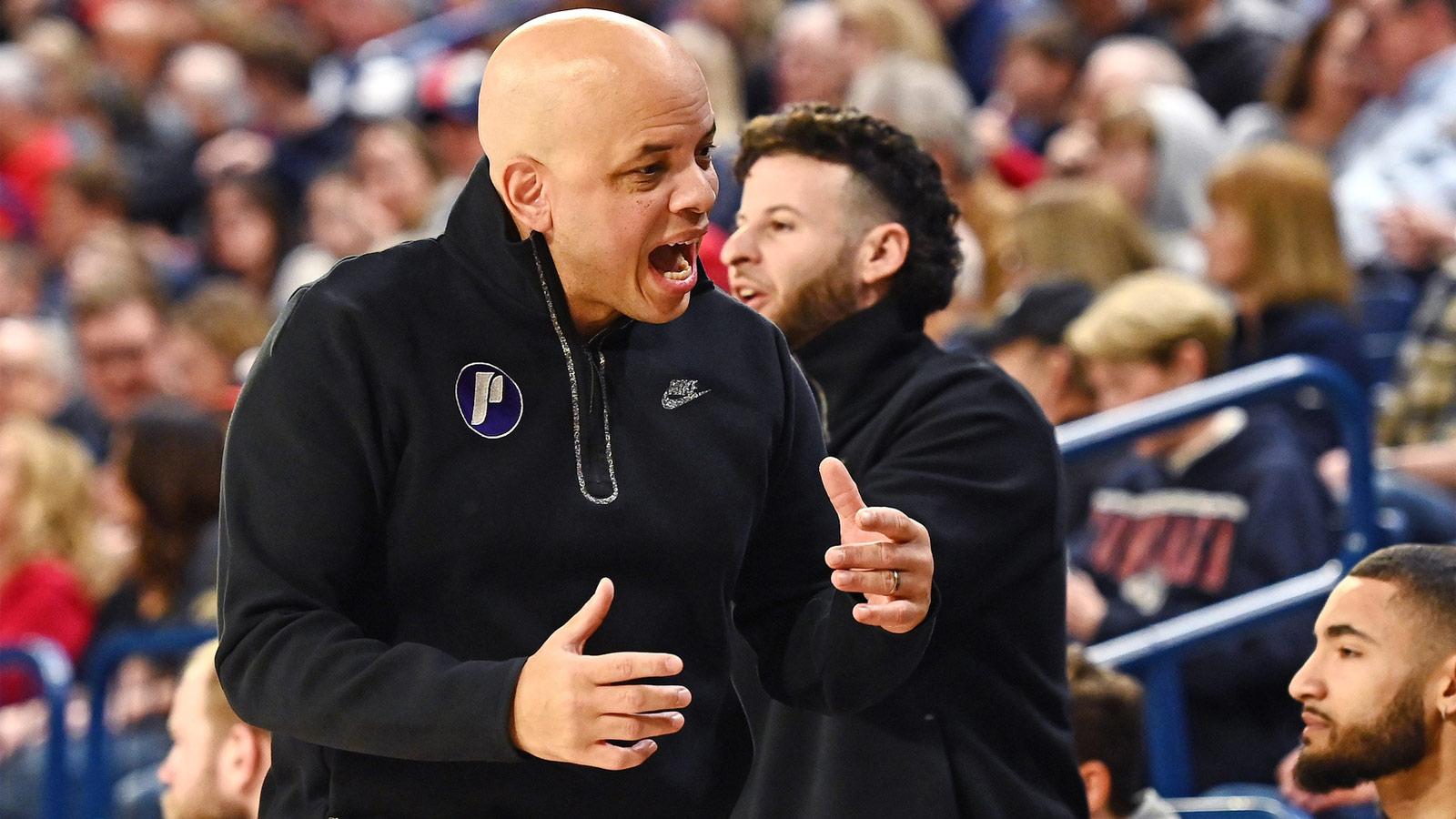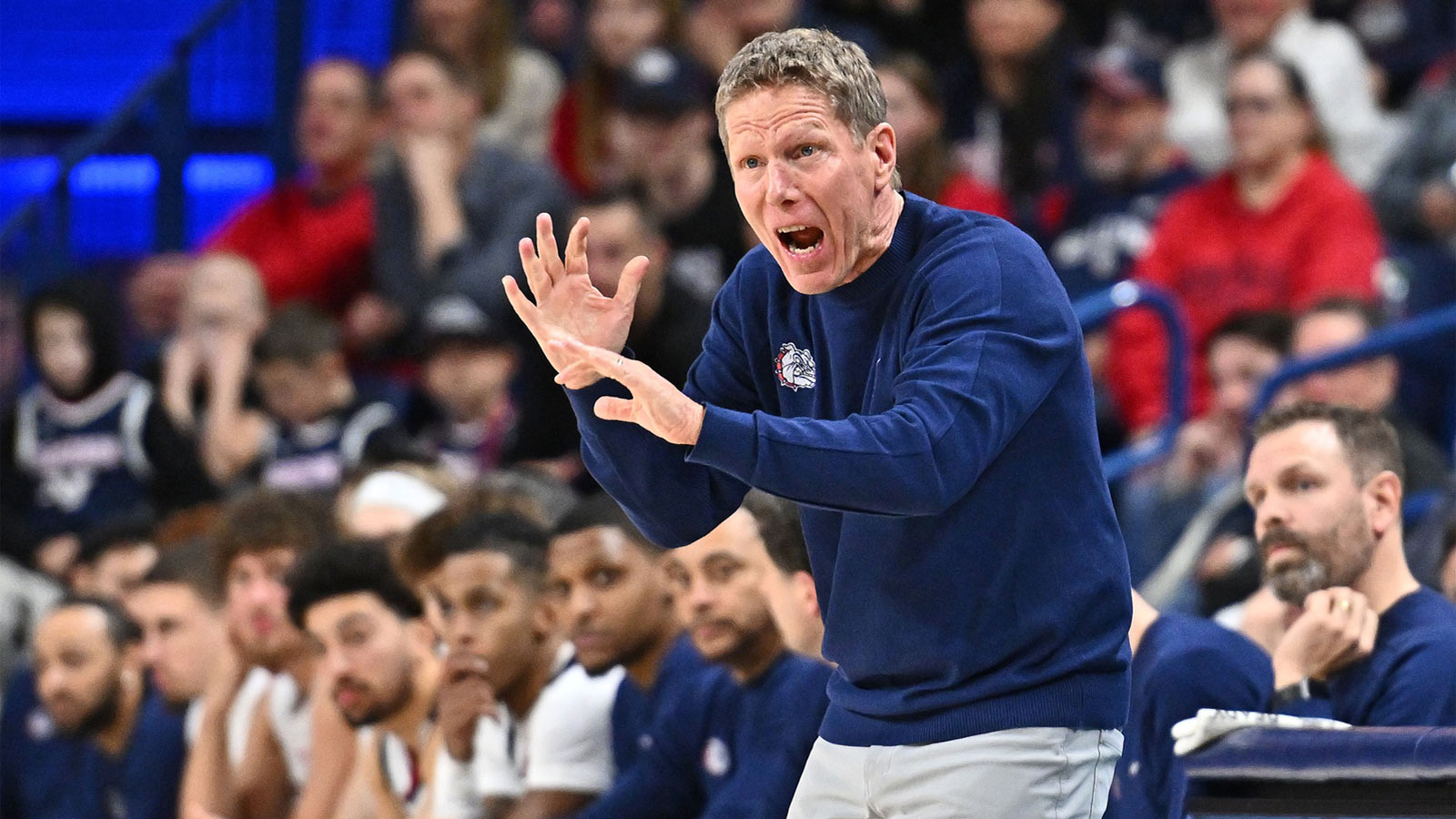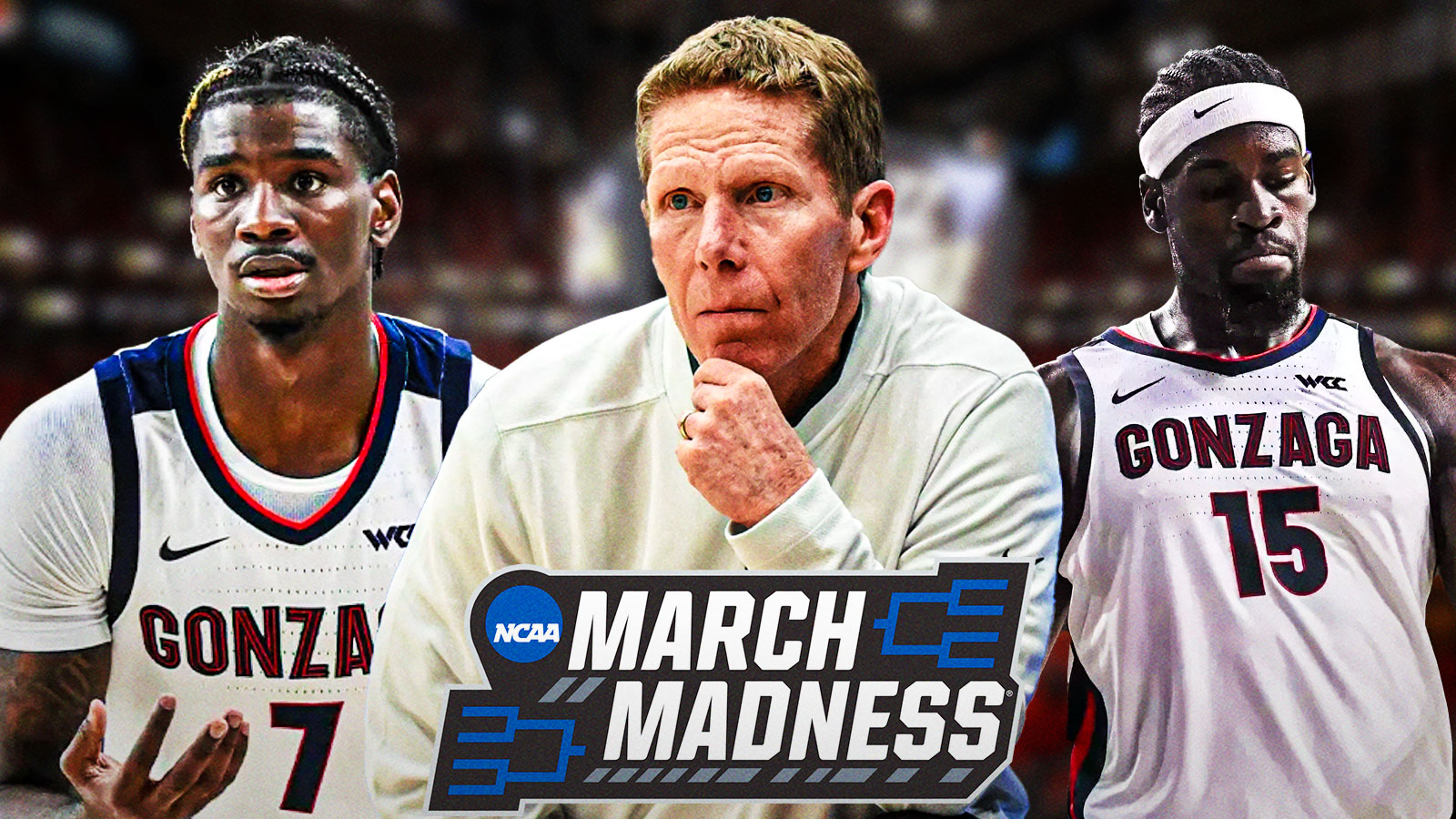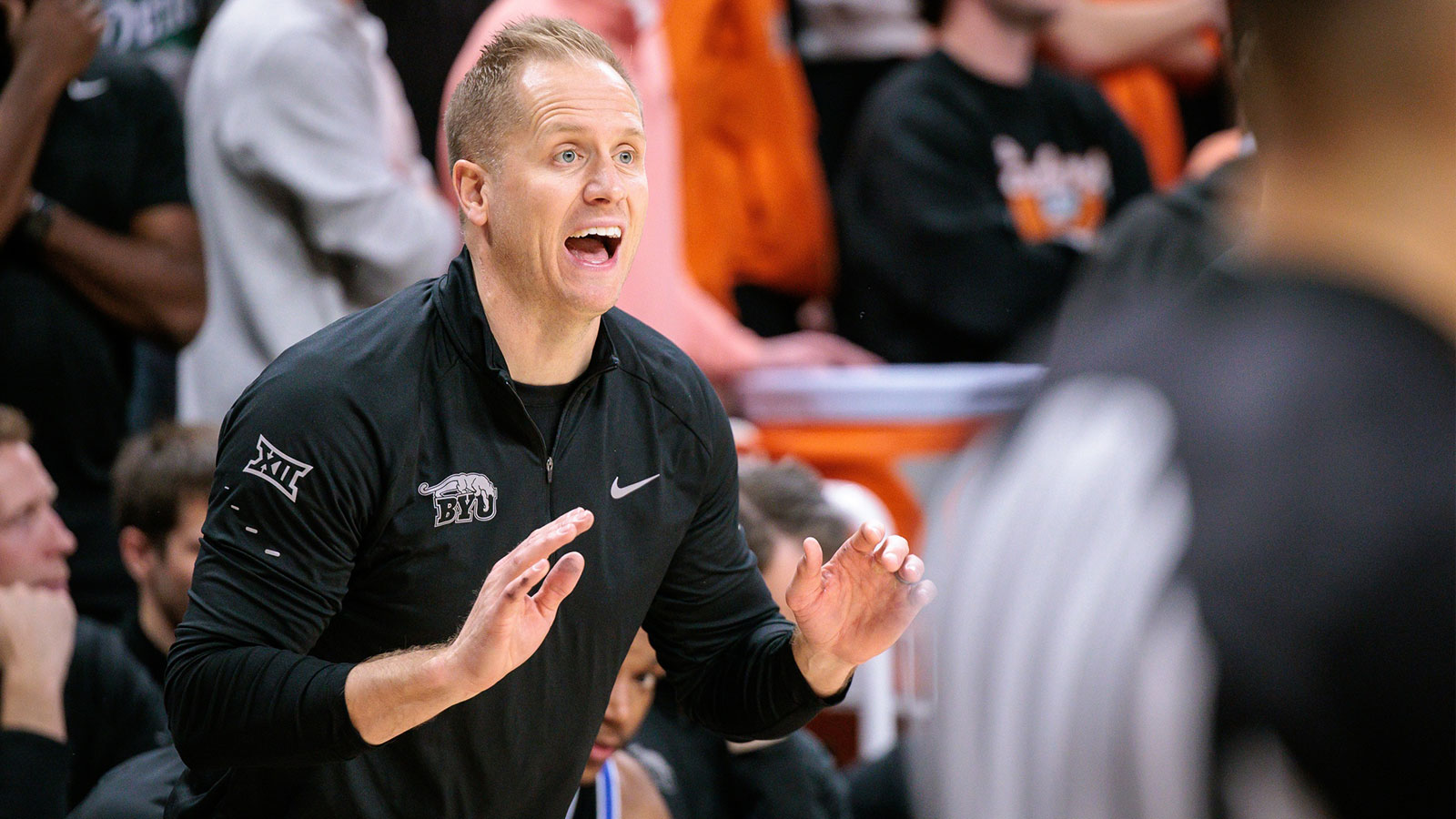There's an ongoing trend to hype up a top college team, regardless of the sport, and speculate that they could seamlessly transition to the professional level without any drop in performance. ESPN’s Mike Greenberg received heavy criticism during Monday's Get Up episode after suggesting that the UConn basketball team could potentially make it to the NBA playoffs.
The Huskies, the defending NCAA national champions, have looked formidable in their quest to repeat this year, securing convincing wins in their first two tournament games by 39 and 27 points. Greenberg thinks that it's almost certain that the Huskies will clinch their second consecutive championship.
Mike Greenberg's exaggeration of UConn basketball
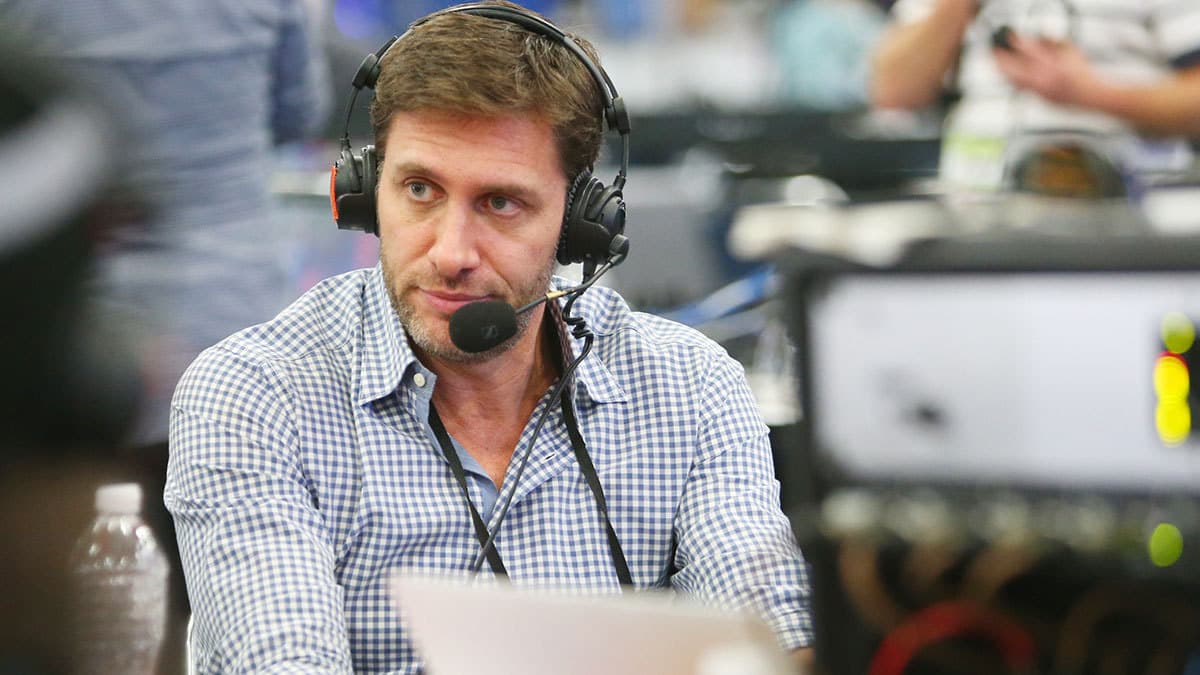
Greenberg exaggerated UConn's dominance, suggesting that their current team could compete with certain NBA teams from the Eastern Conference.
Initially, Mike Greenberg humorously posed a hypothetical question to college basketball analyst Seth Greenberg. He asked who Seth would pick in a seven-game series between the Boston Celtics, one of the top NBA teams leading the Eastern Conference by 11 games, and UConn basketball, currently dominating college basketball.
Then, Greenberg shifted to a more serious tone when discussing the potential of lesser NBA teams.
“So look, I was obviously kidding about the Celtics,” Mike said, “but let me change the question, Jay [Williams]: if they were in the NBA’s Eastern Conference, would they make the playoffs? I’m looking at teams that are eight games up .500 in the play-in now. They’re better than that.”
“I'm not doing that, Greeny,” Williams avoided the bait, and Seth showed no interest in entertaining Mike's theatrics.
“UConn is an NBA team,” Mike stressed.
Rebuttal against Mike Greenberg
Williams stated that while UConn basketball executes like a professional team, he doesn't believe their talent level is sufficient to even make it to the play-in games.
Seth Greenberg, a former collegiate head coach with experience at programs such as Long Beach State, the University of South Florida, and Virginia Tech, added that UConn would “have no chance” in the NBA.
Mike Greenberg says UConn could make the NBA play-in tournament right now 😳
— NBACentral (@TheDunkCentral) March 25, 2024
The scenario reflects previous debates regarding teams such as Kentucky and Oakland, highlighting how experience often prevails over raw talent in college sports. This dynamic was evident in the upset victory of Oakland, a team with seasoned players, over Kentucky, which boasted future NBA prospects.
Examining the current composition of UConn's team, its starting lineup combines experience (two graduate students) with potential (a redshirt sophomore, a true sophomore, and a freshman). While not entirely young, this lineup includes players aiming for careers in the NBA.
How does UConn basketball compares to NBA teams?
While UConn basketball may feature several players with promising futures in professional basketball, it's important to note that this doesn't necessarily translate to being competitive at the NBA level or making a playoff push in the Eastern Conference.
It's highly improbable to suggest that a UConn team could compete with the Chicago Bulls, especially considering the Bulls' lineup which includes players like consensus All-Americans Ayo Dosunmu and Lonzo Ball, All-American Nikola Vucevic, Jevon Carter, Torrey Craig, All-Conference Coby White, Javonte Green, Alex Caruso, Terry Taylor, and Final Four MOP Adama Sanogo.
Mike Greenberg immediately got clowned on X(formerly Twitter).
“The Bulls or Hawks would go 36-0 in the NCAA,” a follower wrote. Another one said, “They would go 0-82 in the NBA wdym.”
“They'd make the Detroit Pistons look like the 2017 Warriors,” a commenter added, while another critic said: “I don't even think they would be competitive in the G League lol.”
A fifth X user shared, “The last player on every bench in the NBA is such a better basketball player than everyone else on the planet it’s not even close lol same thing with MLB players.”
The notion of college teams competing against professional squads is a recurring but largely unfounded argument in sports media. The reactions to such suggestions are often dismissive, highlighting the vast difference in skill levels between seasoned professionals and even the most talented college players.

